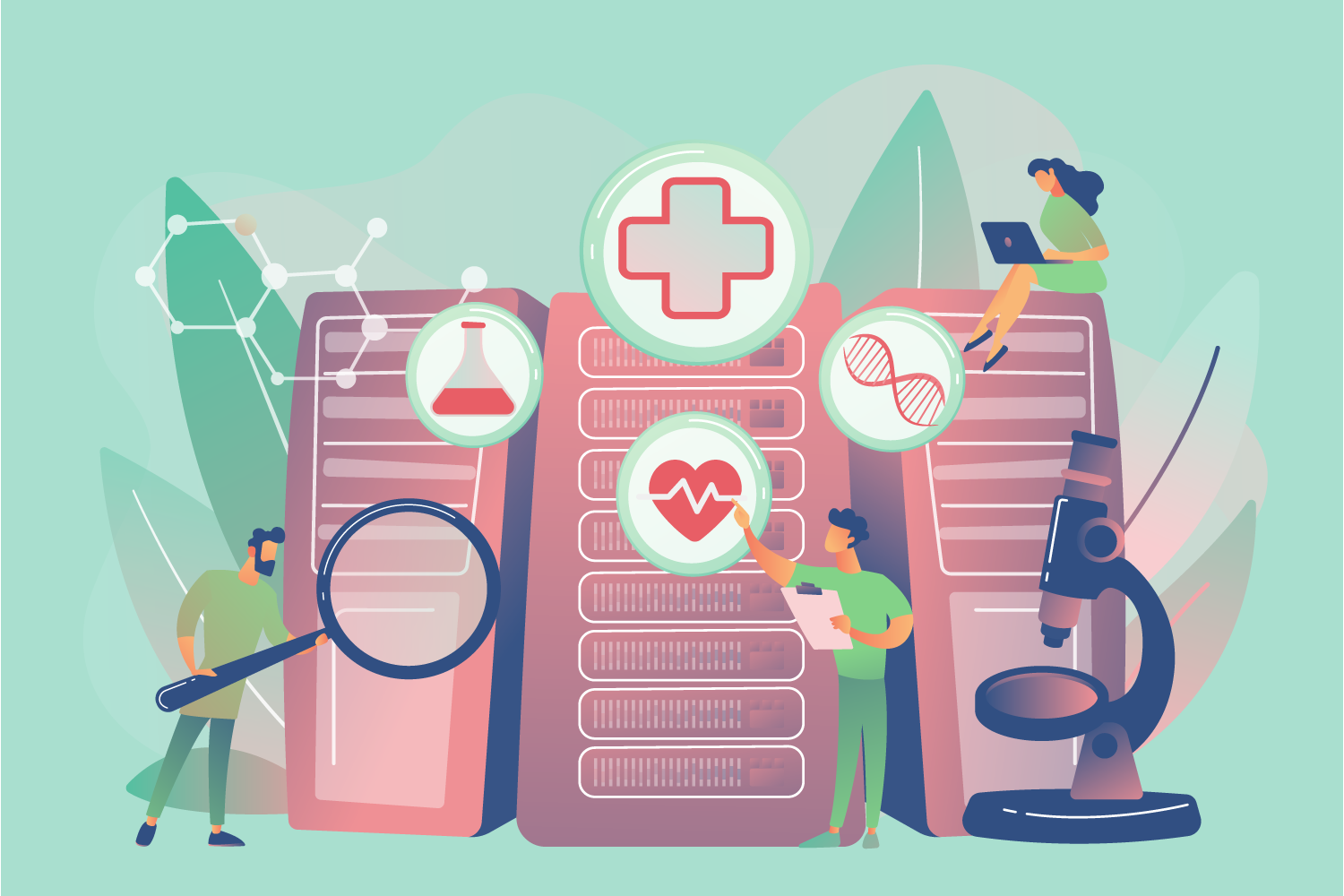Embracing Healthy Aging
As we age, our bodies undergo various changes that can impact our overall health and well-being. However, by adopting healthy lifestyle choices, such as following a nutritious diet, staying physically active, and maintaining social connections, we can enhance our quality of life and promote healthy aging.
Understanding the Importance of a Balanced Diet
A balanced diet provides the necessary nutrients, vitamins, and minerals required for the body to function optimally. It involves consuming a variety of foods in appropriate proportions to support overall health. By following a balanced diet, older adults can ensure they receive the essential nutrients needed for healthy aging.
Key Nutritional Needs for Older Adults
As we age, our nutritional needs may change. Older adults should focus on consuming adequate amounts of vitamins, minerals, fiber, and protein. These nutrients play a crucial role in maintaining energy levels, supporting immune function, and preventing chronic diseases commonly associated with aging.
Incorporating Whole Foods into Your Diet
One of the fundamental principles of a balanced diet is to incorporate whole foods. These are unprocessed or minimally processed foods that retain their natural nutrients and are free from additives. Examples of whole foods include fruits, vegetables, whole grains, lean meats, and legumes. These nutrient-dense foods provide the body with essential vitamins, minerals, and antioxidants.
The Role of Healthy Fats in the Aging Process
Contrary to popular belief, not all fats are bad for you. Healthy fats, such as those found in avocados, nuts, seeds, and fatty fish, are essential for maintaining brain health, reducing inflammation, and supporting heart health. Older adults should incorporate these healthy fats into their diet while being mindful of portion sizes.
Staying Well-Nourished and Refreshed
Adequate hydration is crucial for people of all ages, but it becomes even more important as we get older. Older adults may have a reduced sensation of thirst, which can lead to dehydration if not addressed. Drinking enough water throughout the day helps maintain proper bodily functions, supports cognitive health, and prevents constipation.
Managing Portion Sizes and Eating Mindfully
As metabolism slows down with age, it's important to pay attention to portion sizes. By eating mindfully and savoring each bite, older adults can improve their digestion and prevent overeating. This practice also enhances the enjoyment of meals and allows for a deeper connection with the food being consumed.
Boosting Bone Health with Calcium and Vitamin D
Maintaining strong and healthy bones is essential for older adults to prevent conditions such as osteoporosis. Calcium and vitamin D play key roles in bone health. Dairy products, leafy greens, and fortified foods are excellent sources of calcium, while spending time in the sun and consuming fatty fish can boost vitamin D levels.
The Power of Protein for Muscle Strength
Protein is an essential nutrient for maintaining muscle mass and strength in older adults. Including protein-rich foods like lean meats, fish, eggs, legumes, and dairy products in the diet supports muscle repair and reduces the risk of age-related muscle loss.
Keeping Your Heart Healthy with a Balanced Diet
Heart disease is a common concern as people age. A heart healthy diet focuses on consuming foods that are low in saturated and trans fats, cholesterol, and sodium. It includes plenty of fruits, vegetables, whole grains, lean proteins, and healthy fats. Such a diet can help lower blood pressure, reduce the risk of heart disease, and promote overall cardiovascular health.
Beneficial Nutrients for Brain Health
Aging is often accompanied by changes in cognitive function. To support brain health, it's important to include foods rich in omega-3 fatty acids, antioxidants, and vitamins in the healthy diet. Fish, walnuts, berries, leafy greens, and whole grains are examples of brain-boosting foods that help maintain cognitive function and memory.
Promoting Digestive Health
A high-fiber diet promotes healthy digestion, prevents constipation, and lowers the risk of chronic diseases such as heart disease and diabetes. Whole grains, fruits, vegetables, and legumes are excellent sources of dietary fiber. Older adults should aim to include these foods in their daily meals to support optimal digestive health.
The Impact of Antioxidants on Aging
Antioxidants are compounds that help protect cells from damage caused by free radicals, which can contribute to the aging process and the development of chronic diseases. Colorful fruits and vegetables, nuts, seeds, and green tea are rich in antioxidants and should be included in the diet to support healthy aging. The Impact of Omega-3 Fatty Acids on Aging Omega-3 fatty acids are essential nutrients that cannot be produced by the body and must be obtained through diet. There are two types of omega-3 fatty acids: EPA and DHA (docosahexaenoic acid). These fatty acids help support optimal brain function, cardiovascular health, and joint mobility as we age.
Minimizing Salt and Sugar Intake for Optimal Health
Excessive salt and sugar consumption can have detrimental effects on health, particularly for older adults. High sodium intake can contribute to high blood pressure, while excessive sugar consumption can lead to weight gain, diabetes, and other health issues. Older adults should limit their intake of processed and packaged foods, which are often high in salt and sugar.
The Benefits of Regular Physical Activity
In addition to a balanced diet, regular physical activity is crucial for healthy aging. Engaging in exercises such as walking, swimming, strength training, and yoga can improve cardiovascular health, maintain muscle strength, enhance flexibility, and boost overall well-being. It is important to consult with a healthcare professional before starting any exercise routine.
Maintaining Social Connections and Emotional Well-being
Social connections and emotional well-being are integral parts of healthy aging. Engaging in social activities, maintaining relationships, and pursuing hobbies can contribute to a sense of purpose and fulfillment. Connecting with others can reduce feelings of loneliness and promote mental and emotional well-being. In addition, engaging in activities outside of work can provide a sense of purpose, increase feelings of self-worth, and improve quality of life.
Embracing a Healthy Aging Journey
In conclusion, healthy aging requires a holistic approach that encompasses various aspects of well-being. By following the tips mentioned in this article and adopting a nutritious balanced diet, older adults can promote their overall health, maintain their independence, and enjoy a fulfilling and active lifestyle. Embrace the aging process with positivity and make conscious choices to support your well-being every step of the way.








 English (US) ·
English (US) ·